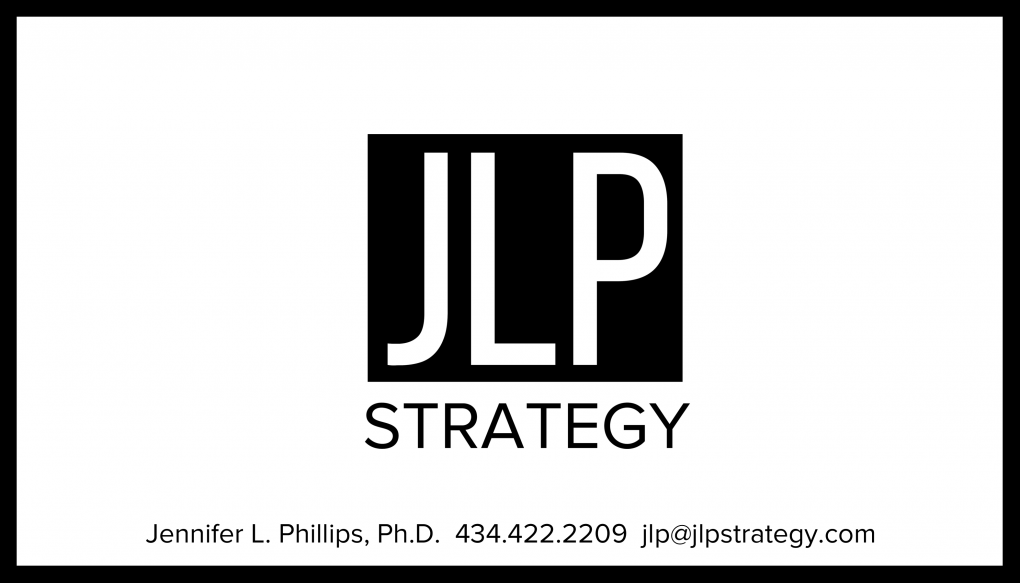I love satire. It cuts to the heart of matters, and it makes me laugh. So, you can imagine how thrilled I was to see McSweeney’s tackling an issue that I feel strongly about — meaningful work (or, more to the point, meaningless work):
Despite the business being obscenely profitable, our office is overcrowded, we are underpaid, and our work almost certainly supports fracking, heart disease, and the blatant exploitation of the poor. In recent months, it has occurred to me that this makes what I do, at best, completely void of meaning and, at worst, totally amoral. In short, my life has no meaning… but, have you tried the new toaster?
If this hits too close to home, you can do one of two things. Either laugh it off and proceed, or…
Let the satire do its full work, which is both to make you laugh and to convey criticism. It should leave you chuckling, but uneasily, wondering, how did this happen? And, how can I change it?
How did this happen?
In one of three ways:
(1) Though you are not actually manipulated by perks like shiny new toasters, you do bear the paradoxical burden of your compensation and benefits. Golden handcuffs are real — and really tight. They stand between too many people and meaningful work.
(2) You are smart, hard-working, and an expert in your field. You care intensely about everything you do at work, pouring intelligence and energy into each task and decision — whether small or large, meaningful or meaningless.
These favorable qualities propelled you to your current position. However, you bring this intensity to every situation and task, indiscriminately. In doing so, you rob yourself of the energy and time required for discernment and the work that really matters.
(3) The likeliest culprit — some combination of both.
How can you change it?
Laugh (heartily!), but don’t laugh it off. Channel that self-deprecation into a decision to prioritize your impact goals.
Since you are already smart and hard-working, this doesn’t mean finding new time in the day. Instead, you must redirect your existing resources towards more meaningful goals. This requires introspection, careful discernment, and re-prioritization.
It is likely that the process will also entail some risk — financial, professional, and perhaps even emotional. Be clear on your tolerance for that, as well as the return that you can reasonably expect. To that end, have a trustworthy person in your corner, who will both challenge you and respect your boundaries.
Laughing it off may be easy, but it isn’t a strategy. It leaves you as restless as ever and does nothing to improve your professional footprint. By contrast, self-examination and change are difficult. They promise valuable returns not only for your work satisfaction, but also for your legacy — and for the positive impact you will make on the world.
Let’s be real: this is a fortunate problem.
Many, many people suffer extreme poverty, unemployment, under-education and other hardships that make the challenge of meaningful work a privileged one. In that light, the “paradoxical burden” of golden handcuffs seems superficial.
However, this gulf is all the more reason to leverage educations and opportunities wisely. We owe it to ourselves, our communities, and the wider world.


